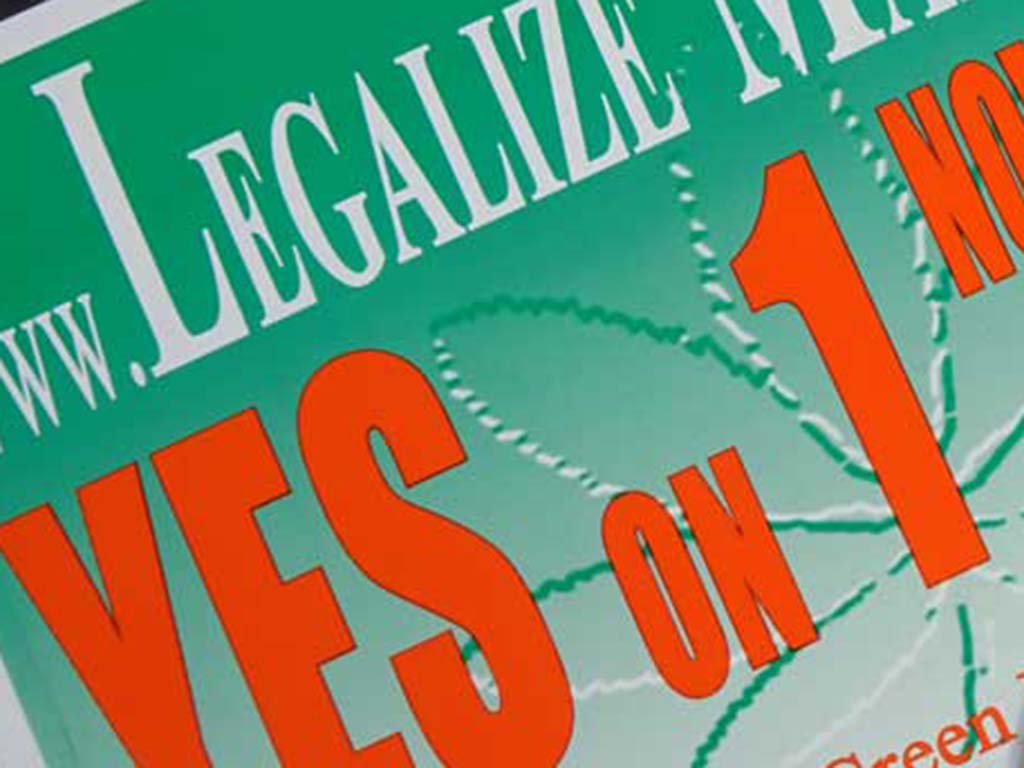
By Bob McKillop
Bob McKillop is a CCL volunteer living in Portland, Maine.
Any business planning to operate over the next twenty-five to seventy-five years will be dealing with the impacts of climate change on their market demographics, labor supply, material sourcing, and their capital projects and physical plant.
The most successful and innovative businesses see problems as opportunities. Addressing the impacts of climate change is an opportunity for businesses. A chance to invent new products, new processes, and new services that will differentiate them from their competitors and help them succeed.
Consider, workplace safety
A century ago, workplace injuries were common. In fact, injured workers had no recourse for recouping lost wages and medical costs that resulted from injuries. And the burden of supporting these workers fell to society.
So, workers compensation insurance integrated the costs of workplace injuries into the cost of the goods and services that were related to the injuries. Consequently, businesses were able to innovate, improve safety, reduce their workers compensation premiums, and become more competitive.
Carbon fee will lead to innovation
The Energy Innovation and Carbon Dividend Act provides the same type of opportunity for business to profitably help mitigate the societal costs of climate change caused by greenhouse gases.
A gradually increasing fee on carbon (starting at $15/ton and increasing $10-$15 each year) will allow businesses to integrate the cost of carbon-based energy into the total cost of their products. They will absorb the costs. Perhaps, pass them on to the consumer. Or they could find innovative ways to reduce their use of carbon in their processes.
The businesses that innovate to reduce those carbon costs will become more competitive. Further, this economic activity will drive down the use of greenhouse gases and help reduce the impact of climate change. The costs are predictable over time and consistent across state lines. This will allow business to plan effectively for their future operations and budgets.
Most of the carbon fee would be redistributed back into the economy in the form of dividend checks to every US citizen.
Job creation
This bill does not increase government nor taxes and is projected to create 2.1 million jobs in its first decade.
Also, it would lead the U.S. to exceed our Paris Protocol goals within eight years. More so, every subsequent year would achieve greater emissions reductions.
Rep. Pingree is a co-sponsor of this legislation. If you are a business leader in Maine, please ask Sens. King and Collins to support the Senate companion bill. Learn more at energyinnovationact.org.





